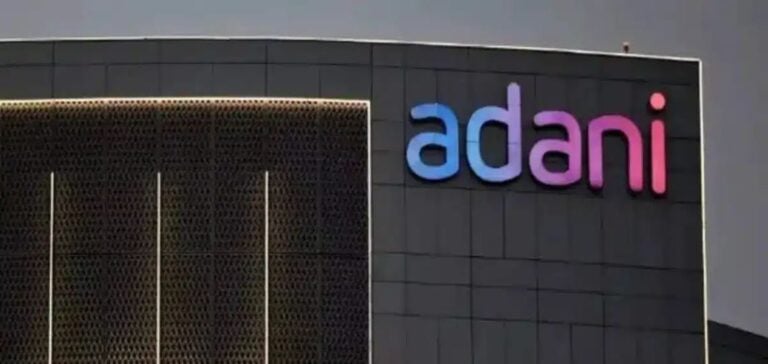The Indian conglomerate Adani announced a halving of the electricity it provides to Bangladesh, citing unpaid bills totaling $850 million. This decision, taken to maintain the financial stability of its commitments, places Bangladesh in difficulty in light of increasing energy demand during periods of intense heat, although November usually brings a slight respite.
Rezaul Karim, president of the Bangladesh Power Development Board (BPDB), confirmed that the government is trying to offset the supply shortage by mobilizing other power plants. “We are actively discussing the issue with Adani to find a solution and have specified that it is not possible to settle the entire outstanding amount in a single month,” he said. In October, Bangladesh managed to pay $97 million to the Indian group, a sum exceeding the payments made over the previous three months in an effort to reduce the debt.
Economic Pressures and Implications for Adani
Adani, which had already warned in September of an “untenable financial situation,” is required to meet its commitments not only to Bangladesh but also to its creditors and suppliers. This statement reflects the growing financial tensions faced by the conglomerate in a context where the lack of receivables collection threatens the continuity of supply.
The coal-fired Godda plant, located in the Indian state of Jharkhand, is a flagship project for Adani. Inaugurated last year at a cost of $2 billion, this infrastructure, including transmission lines, typically meets about 7 to 10% of Bangladesh’s energy demand, which totals around 13 gigawatts (GW). However, with the imposed production cut, the plant provided only 724 megawatts on Friday, well below its installed capacity of 1,496 MW.
Efforts to Rebalance Energy Supply in Bangladesh
The BPDB is actively working to mitigate the effects of this supply reduction. Facing a load shedding of 1,680 MW across the country, Bangladesh also relies on 1,160 MW imported from the neighboring Indian states of West Bengal and Tripura. The gradual reduction in the use of air conditioning, which accounts for a significant portion of electricity consumption during the hot season, could reduce domestic demand and help limit shortages.
This situation highlights the inherent risks of Bangladesh’s heavy dependence on foreign suppliers. About 45% of the electricity consumed in the country is imported, which places Bangladesh’s energy security in a vulnerable position, particularly during financial tensions. The Bangladeshi government, however, plans to strengthen its internal production capacity to address possible interruptions in the coming years.
Outlook and Financial Challenges
The current situation also raises questions about public finances and debt management by the agencies responsible for energy in Bangladesh. According to experts, without prompt resolution of the outstanding balance, Adani may be forced to review its commitments or even impose further supply reductions. This could lead to additional costs for Bangladesh, which would have to turn to less optimal sources of production to fill the gap.
Strategically, this case illustrates the growing importance of cross-border energy infrastructure and the risks associated with commercial relationships for essential products such as electricity. The situation between Adani and Bangladesh could become a case study for countries heavily dependent on external energy sources.






















